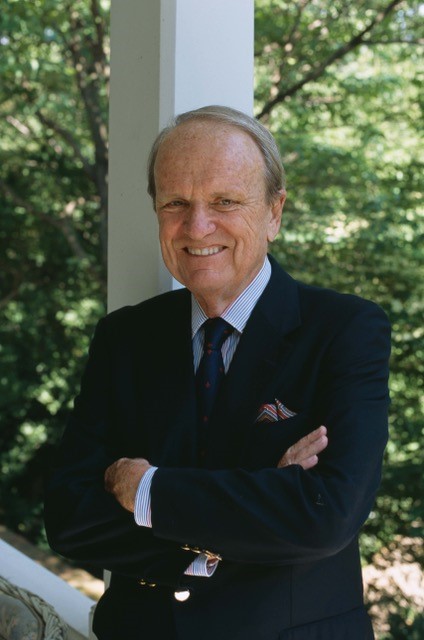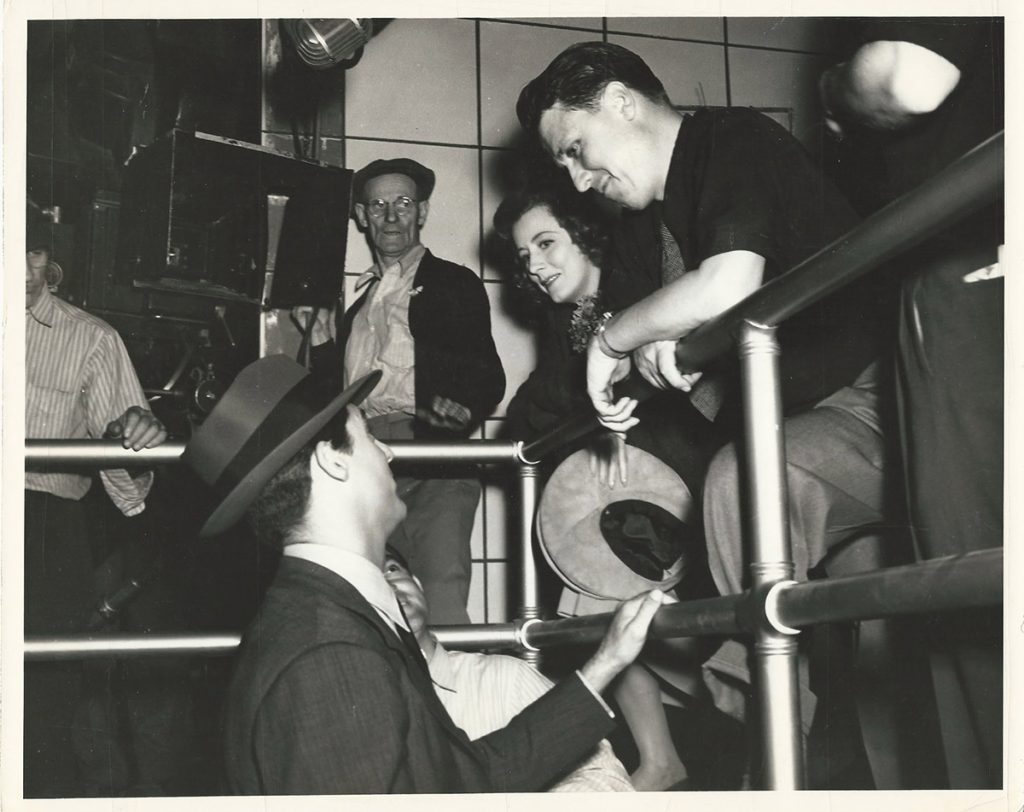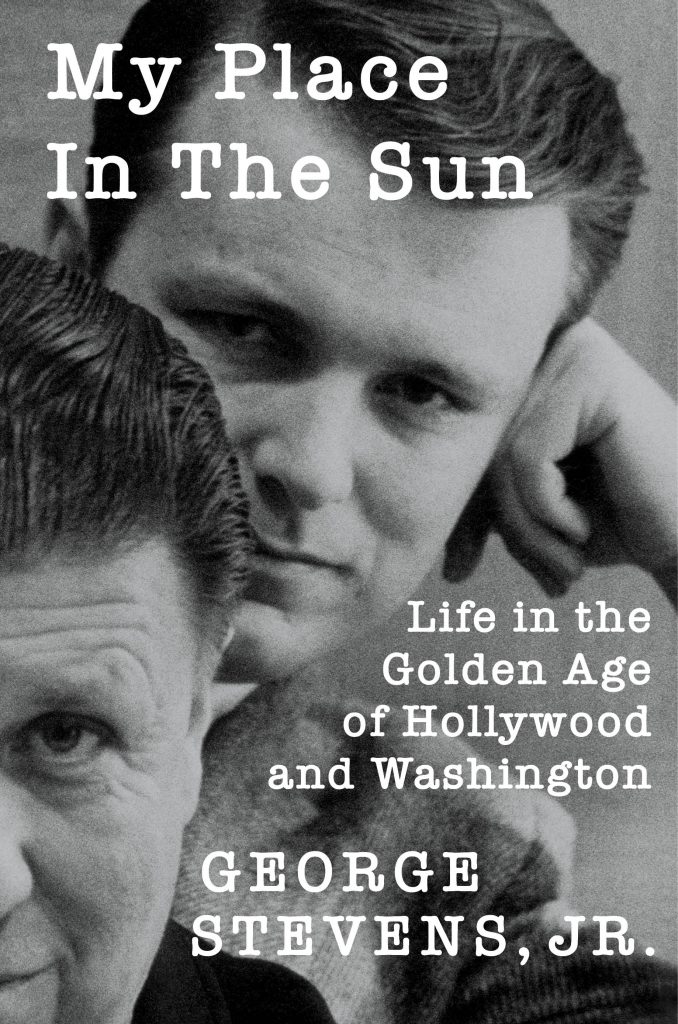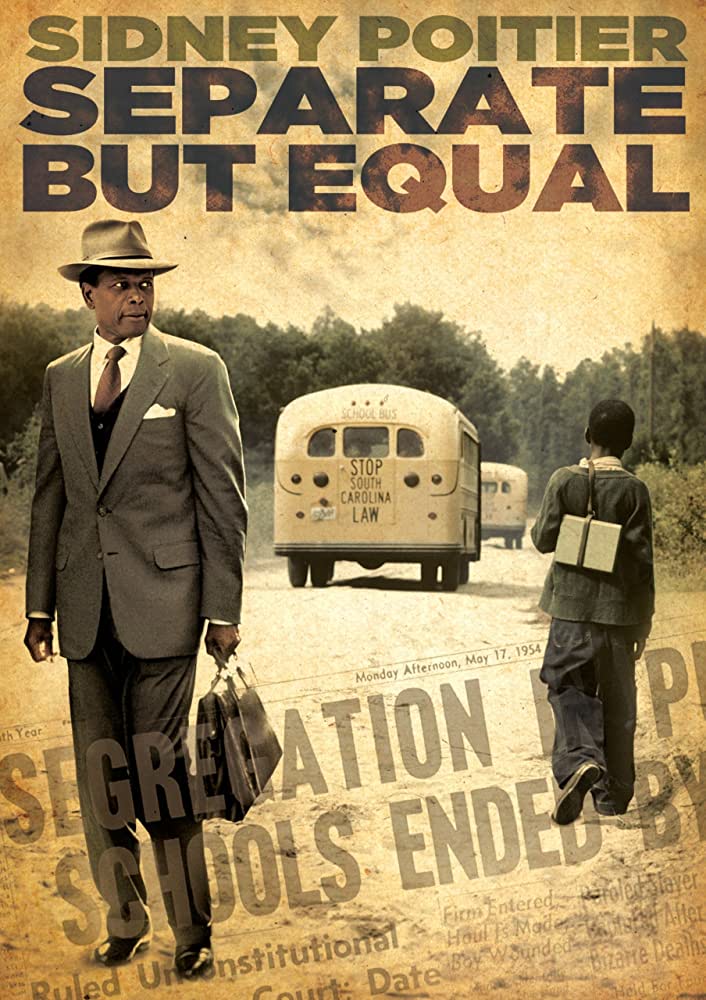Exclusive Interview: George Stevens, Jr.
In advance of the screening of Penny Serenade (1941) during the TCM Classic Film Festival Hollywood 2023, I sat down with George Stevens, Jr. for a chat about the classic film directed by his father George Stevens and to reminisce about his life in Hollywood and Washington. A champion of the arts and social justice advocate, George Stevens, Jr. is himself an American cultural treasure. It was an honor to spend time with him again (read our 2022 interview here) to discuss the film and so much more.
Q1: You write in your memoir My Place in the Sun: Life in the Golden Age of Hollywood and Washington that your earliest memory of being on a movie set was while your father was making Penny Serenade. What do you remember most about that experience?

Well, they were filming in 1940. So, I would have been about eight years old. But I do remember that there was a train and there was snow. Artificial snow is what I remember about being on a movie set. And that it was Cary Grant and Irene Dunne. Irene Dunne was a very respected woman in town. She was married to a doctor named Francis Griffin. And I was particularly well trained by my parents. So, when I was introduced to Irene Dunne, I said properly, “How do you do Mrs. Dunne?” Well, of course she was Mrs. Francis Griffin. I remember everybody thought that was charming.
I’ve done a little research in the George Stevens collection at the Motion Picture Academy where my father’s papers and now my papers reside. I discovered that in Penny Serenade Irene was billed first and Cary was billed second. And this was the last time in human history that Cary was billed other than first. I also discovered that Irene Dunne made $85,000 and Cary made $128,000. So, that’s a bit of what Louella Parsons used to say in radio broadcasts—that’s my Woodbury Hollywood News.
Q2: Cary Grant famously said that Penny Serenade was his favorite film (and it was notably one for which he received an Oscar nomination) and Irene Dunne often said it was her favorite film as she herself adopted a daughter. What place did this film have in your father’s heart?
Well, he made so many and they’ve all kind of stood the test of time. Whether it’s Alice Adams or Swing Time with Astaire and Rogers or The Talk of the Town, The More the Merrier or the first Tracy Hepburn picture Woman of the Year, he never talked a lot specifically with me about those pictures. But I know he thought that Cary and Irene were such good actors.
There’s a good deal of comedy in this film, but my father never wanted to be associated with the term screwball comedy because he learned from Laurel and Hardy that comedy could be graceful and human. And he always believed that it came from believable characters, not from antics and acting funny. This film is a wonderful example of that, because this has heartbreak and tragedy in it, but there’s always humor, and it is comes out of the personality of the characters and their human qualities. And that is a lesson I’ve always valued.

Q3: When you think about Penny Serenade what in the film resonates with you when you think of your father?
It’s just that there’s this touch a truth to it—of this family. I remember I interviewed Cary Grant at his house one day when I was making the George Stevens film biography of my father, which is showing from time to time on Turner Classic Movies. It hit me when he was talking and he said, “I never understood and never could comprehend how George seemed to know so much about children and to give us the right cues. I didn’t have children,” Cary said. And then he said, “I realized that was you. He had his own child and he had gained his own insights. And he communicated them to us the actors.” I was very touched by that.
One thing worth noting is that both Cary Grant and Irene Dunne were early recipients of the Kennedy Center Honors. So that gave me an opportunity to sort of pay back my father’s gifts to them. He made Penny Serenade with Irene Dunne and wonderfully I Remember Mama, and he worked with Cary on Gunga Din, Penny Serenade and The Talk of the Town so they were important collaborators of his.
Q4: For those who may not be as familiar, what is your history with the Kennedy Center Honors?

My book is called My Place in the Sun: Life in the Golden Age of Hollywood and Washington, which suggests that at one point, I left Hollywood and had a life in Washington. I never truly left Hollywood altogether, but my life in Washington began during the years of John F. Kennedy. President Kennedy was so eloquent about the arts, that it led me to the idea of something we call the Kennedy Center Honors after his death.
When I was working with President Kennedy, he used to quote the ancient Greeks. I was inspired by him and one quote, I wrote it down at the time, was that the ancient Greek definition of happiness was the full use of one’s powers, along lines of excellence. And I realized that I had this job under Ed Murrow and President Kennedy making films to tell the American story abroad, and they had given me the Greek definition of happiness. I was making full use of my powers along the lines of excellence.
And another quote of his was, “I look forward to an America which will not be afraid of grace and beauty…I look forward to an America which will reward achievement in the arts as we reward achievement in business or statecraft.” Within that phrase, which is carved on the walls of the Kennedy Center in Washington at President Kennedy’s Memorial, are those words. And that is the description I gave to the head of the Kennedy Center when I said I wanted to start the Kennedy Center Honors.
Q5: You’ve been a lifelong champion for film restoration and preservation. What does this restoration of Penny Serenade mean to you, especially as it plays on the big screen at the TCM Film Festival 2023?
My father and I went to the Academy Awards in 1952. I sat next to Joseph L. Mankiewicz as they read the nominees for Best Director: John Huston for The African Queen, William Wyler for Detective Story, Vincent Minnelli for An American in Paris, Elia Kazan for A Streetcar Named Desire and George Stevens for A Place in the Sun. A Place in the Sun brought him his first Oscar but driving home that night, he said, “We’ll have a better idea of what kind of a film this is in about 25 years.” He understood this idea of the test of time.
Here’s a film made, released in 1941—made over 80 years ago—and an audience is going to be watching it on the big screen at the Turner Classic Film Festival. There is no greater advocate for films that stand the test of time than Turner Classic Movies, so I’m always proud to be at the festival and to present to audiences and to have them see these films on a big screen. These are films that miraculously stand the test of time. My father’s films have a way of staying current, and we will hope that Penny Serenade meets that test.
Q6: Let’s talk about your place in the sun and your passion and your career working in film and television. Do you have a fondest memory or proudest moment in your own work?

My father was an influence with his standard of quality. And the most important thing I learned from him was respect for the audience. Studios used to say we’re making pictures for 14-year-olds and that’s the mentality of the audience. Dad always felt that the audience was going to bring something into his films, and he left something for them to do.
I’ve made a lot of films and wrote and directed a lot of television shows and documentaries and it’s all been done with that feeling of respect for the audience. I’m proud that the audience has always met me halfway and we’ve done things of real aspiration and the audience has been there.
Nothing means more to me really than the work I’ve done that is connected to racial justice. Among those is making a miniseries that won the Emmy for Best miniseries—Separate But Equal. That starred my dear friend Sidney Poitier as Thurgood Marshall and Burt Lancaster and Richard Kiley also appeared. It’s a story of Brown versus Board of Education and the Supreme Court case that Thurgood Marshall brought that ended legal segregation in public schools. Sidney played that role, and it was such a delight to work with him on it. It also led me to later writing a one-man play which I wrote for Sydney called Thurgood. It turned out Sidney was not able to do it, but Laurence Fishburne did it on Broadway and it’s now plays with other actors around the country. To be able to have done work that brought attention to what we needed to achieve in terms of racial justice has been an important satisfaction to me.
CLASSIC COUPLE RECOMMENDS
Buy the Book: My Place in the Sun: Life in the Golden Age of Hollywood and Washington by George Stevens, Jr. And for an extra treat, listen to the audiobook version narrated by George Stevens, Jr. via your favorite audiobook player.
Attend the screening of Penny Serenade (1941) during the TCM Classic Film Festival Hollywood 2023.
6:00 PM – 8:15 PM | FRIDAY, APRIL 14 CHINESE MULTIPLEX HOUSE 1
George Stevens, Jr. will be a special guest at the screening.
